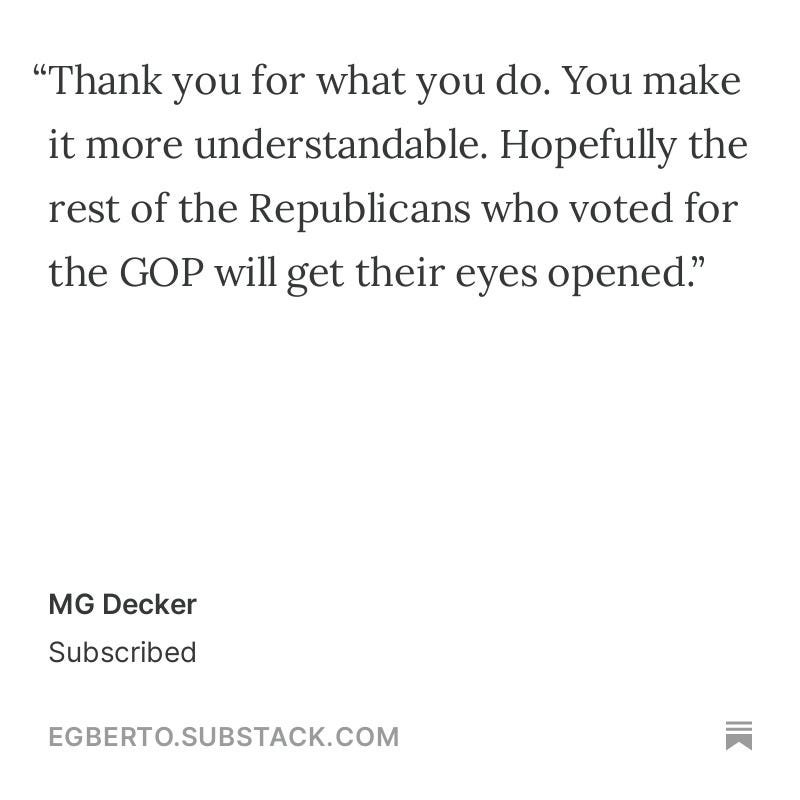Dr. William Bronston is on a mission to expand the pathway to a single-payer healthcare system.
Dr. William Bronston, a healthcare activist/organizer, has an all-encompassing message for the single-payer movement. It is time for healthcare as a right with universal coverage.
Dr. William Bronston on single-payer.
In a spirited conversation on “Politics and Right,” Dr. William Bronston laid out a vigorous plan to revolutionize America’s healthcare landscape into a single-payer system—a quest he pursues with unrelenting fervor. Educated at the University of Southern California and seasoned through extensive medical training, Dr. Bronston’s current focus transcends his rich background in pediatrics and psychiatry, centering instead on a radical overhaul of healthcare delivery.
At the heart of Dr. Bronston’s advocacy is a critical viewpoint on the inefficiencies and injustices of the current healthcare system, which he describes as a “wealth transfer system” benefiting pharmaceutical and insurance giants at the expense of the public. His critique extends beyond simple reform to a foundational transformation that reimagines healthcare as universally accessible, removing financial barriers like medical debt, a burden he suggests could be mitigated by purchasing debts at pennies on the dollar.
Dr. Bronston’s strategy involves a multifaceted approach to foster broad-based support among grassroots activists and the general public. He identifies a significant challenge in penetrating the circle of existing single-payer activists, who he feels have become complacent over decades of advocacy without substantial systemic change. To invigorate this movement, he emphasizes the necessity of connecting with ordinary Americans through local assemblies and public health initiatives that highlight the tangible benefits of a single-payer system, such as eliminating medical debt and ensuring comprehensive, lifelong healthcare.
Central to his vision is mobilizing various community sectors—including labor unions, religious groups, and civic organizations—to advocate for a system prioritizing public well-being over profit. He argues for implementing neighborhood-based health planning that engages directly with public health officials to tailor services to community needs, thereby making health a local and visible facet of everyday life.
Moreover, Dr. Bronston champions the significant role of educational and financial reforms in healthcare professions. He proposes the abolition of tuition for healthcare students who agree to work in underserved areas, thus addressing both the workforce shortage in critical regions and the crippling debt that many healthcare workers face. This proposal not only aims to alleviate the financial strain on new professionals but also seeks to cultivate a generation of community-focused and socially committed caregivers.
Another innovative aspect of Dr. Bronston’s plan is integrating existing federal health services (like the VA and Indian Health Services) into the single-payer model to streamline and enhance service delivery across the board. This integration promises a more cohesive and efficient system that could serve as a model for national healthcare reform.
Dr. Bronston’s impassioned discourse also touches on the broader social implications of healthcare reform. He envisions a society where health and well-being are communal objectives achieved through collaborative and concerted public efforts. He argues that by redefining health care as a common good, society can transcend the commercial attitudes currently dominating the American healthcare system.
To galvanize public and political support, Dr. Bronston underscores the necessity of clear, compelling communication that articulates the benefits of a single-payer system to all Americans—benefits that include health security and economic stability through reduced healthcare costs and improved public health outcomes.
Dr. Bronston’s challenges are formidable, involving entrenched corporate interests and a sprawling, complex healthcare bureaucracy. Yet, his call to action resonates with a clear message: transformative change is possible with persistent, informed, and widespread advocacy. As he eloquently puts it, the path to reform is through a grassroots revolution that starts in our neighborhoods and builds to encompass the entire nation.
Dr. William Bronston’s mission is more than a policy adjustment; it calls for a cultural shift towards a system where healthcare is seen as a right, not a privilege. His approach combines practical steps with a visionary outlook, aiming to engage and empower a diverse coalition of Americans to fight for a system that reflects collective needs and values. Through his compelling narrative, Dr. Bronston educates and inspires action toward a future where health security is guaranteed for all.
Please support our values via Independent Media.
The other side has big donors and everyday citizens who invest heavily in platforms that lie and misinform. All we have is you. So, please invest in our media outlet by clicking the subscribe button below to become a paid subscriber. You won’t miss that coffee, but it will make a difference in our politics as we spread the truth about our policies and progressive politics. All paid subscribers get to read my five books on this platform and all subsequent books I write. They will also be privy to subsequent incentives.






Egberto, thanks for spotlighting Dr Wm Bronston. Your brief writeup prompted me to delve into his background. Creative and tumultuous! Among other things, he is (or was) head of a local California chapter of PNHP (Physicians for a National Health Program).
In 2018 he and other Medicare for All advocates sought to raise M4A public awareness by publishing an 8-page ad or insert in a local newspaper. Here's a pdf you can download: https://pnhp.org/news/the-time-for-single-payer-is-now
...And a writeup in Common Dreams: https://www.commondreams.org/news/2018/05/12/time-single-payer-now-countering-corporate-lies-doctors-run-ad-providing-facts-about.
I look forward to learning more about Bronston and his M4A initiatives.
WHAT WILL IT TAKE TO WREST HEALTH CARE BACK FROM PROFIT-ORIENTED HEDGE FUNDS AND PRIVATE EQUITY ?? The Health Care delivery is constrained by shareholders' demands.